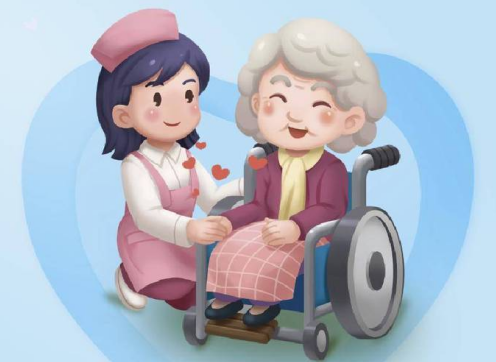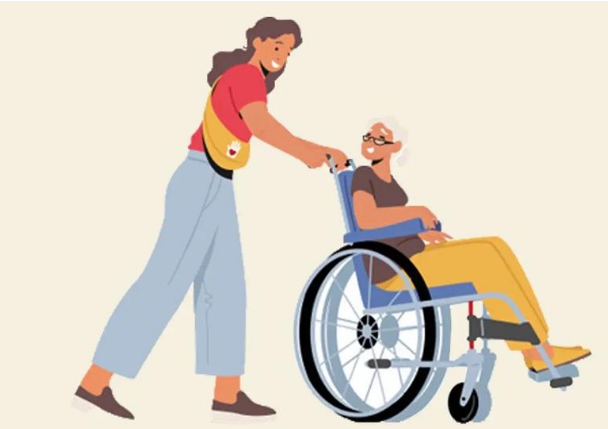The Insurance Company's "Selection Game": Why You Might Not Be Able to Buy Long-Term Care Insurance
Long-term care insurance isn't designed to treat your current illness- it's meant to be a financial safety net for a future day when you can no longer bathe, dress, or even feed yourself without help. But this umbrella of protection isn't open to everyone.
Insurance companies act like gatekeepers, scrutinising applicants to see if they've come "too late to seek shelter from the storm." Some people are turned away due to past medical history, age, poor health, or certain personal circumstances, and are simply not given the chance to buy this kind of coverage.

So here's the big question: What situations might cause the door to long-term care insurance to shut in your face? And if you're denied, what alternatives can you consider? Who Gets Turned Away? - The Profiles Insurance Companies Often Reject. Think of long-term care insurance as a "designated savings account" for your future care needs. It's there to support you financially when age or disability makes daily tasks-like bathing, using the toilet, or eating, difficult or impossible. It can also help pay for in-home caregivers, nursing homes, adult day centres, or even visiting nurses. Sounds reassuring, right? But before you get that protection, you first have to be allowed to buy in.
Insurance companies underwrite applicants much like a cruise ship selecting passengers: the steadier your health, the lower your risk, and the more likely you'll be welcomed aboard. Here are some scenarios that might get you denied a "ticket":
Pre-existing conditions: If you've ever had Alzheimer's, Parkinson's, or certain types of cancer, it's like boarding with a heavy backpack full of risk. Most insurers will simply say no. Age restrictions: Many companies draw a hard line at age 80 or 85. Past that, they often won't even consider applicants. Plus, the older you are, the more your premiums inflate- sometimes to unaffordable levels. Recent hospitalisation or surgery. If you've just been discharged or had major surgery, you may be asked to wait until your condition stabilises before applying. Mental health or medication dependence: Individuals with mental health issues or who rely heavily on prescription drugs may be seen as high-cost risks, and many insurers will choose not to cover them. General poor health: Even if your chronic conditions are relatively mild, multiple health issues can trigger red flags. The insurer might respond with a polite rejection or slap on a sky-high premium to deter you. Criminal history: Applicants with serious criminal records are often denied due to concerns over moral hazard or other risks.

So while long-term care insurance sounds like something everyone should get, in reality, not everyone can. Denied? Don't Despair- There Are Alternatives. If you've already been shut out from long-term care insurance, all is not lost. Like a traveller who misses a train but finds another route, there are other ways forward—if you're willing to take them. Here are a few options that might serve as your "backup umbrella"Begin savings: Start setting aside funds specifically for future care needs. While it lacks the leverage of insurance, it offers flexibility and control. Hybrid policies: Some choose life insurance combined with long-term care coverage— think of it as a "two-in-one" product. Public assistance or family planning: In some countries or situations, government programs can help fill in gaps. Families may also plan together to support elder care.

If long-term care insurance is like a train ticket to safety, then personal savings, government support, or hybrid policies are the road trip alternatives. The Bottom Line: Buy the Umbrella While the Sun Is Still Shining. Long-term care insurance is like a windproof umbrella for life's stormiest days. You may not need it now—or ever- but if and when you do, it can provide vital protection for you and your loved ones. The catch? This umbrella is only sold in fair weather. Don't wait until the clouds gather-by then, the gate might already be closed.
(Writer:Juliy)




